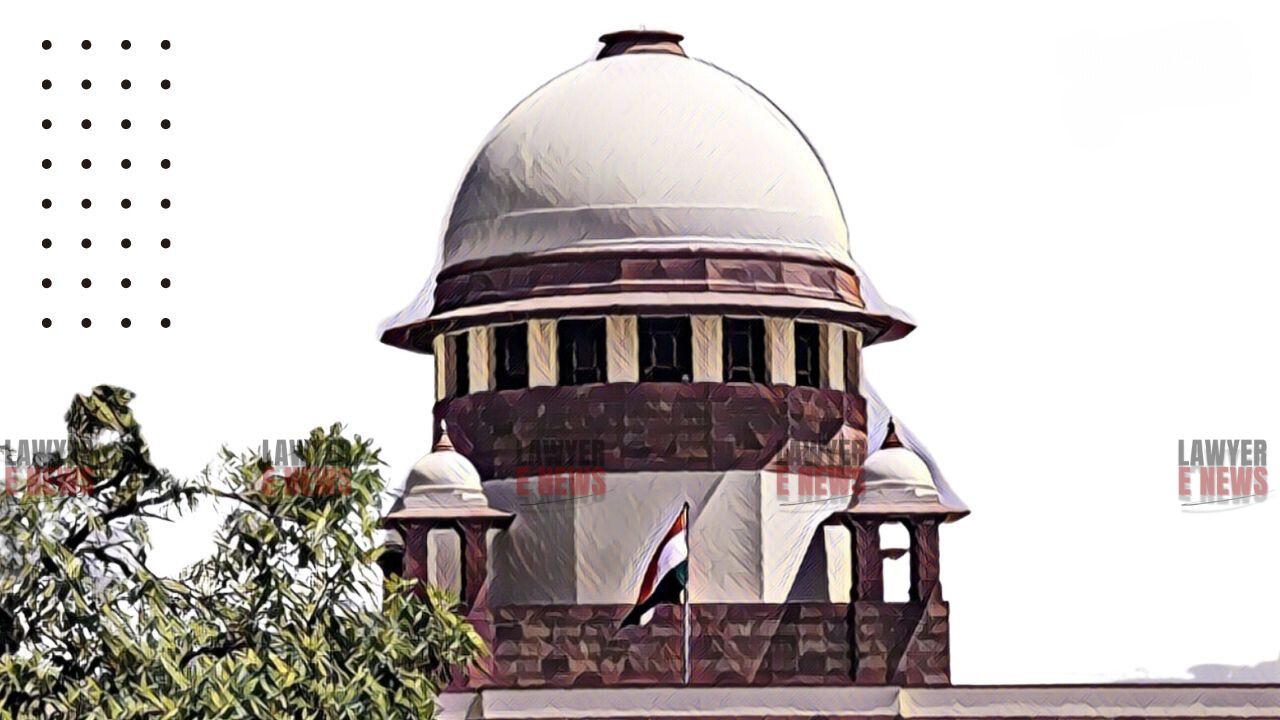-
by Admin
15 February 2026 5:35 AM



Today, the Supreme Court of India delivered a significant ruling in Dinesh Goyal @ Pappu v. Suman Agarwal (Bindal) & Others. The Court dismissed an appeal challenging a Madhya Pradesh High Court decision, which allowed the plaintiff to amend her plaint to dispute the genuineness of a Will. The Court affirmed that this amendment was crucial for resolving the core issues in a family property dispute, thus supporting a more liberal approach to pleading amendments, even after the trial’s commencement.
The dispute revolved around the division of a family property in Gwalior, Madhya Pradesh, following the death of Smt. Katoribai, who allegedly executed a Will in January 2013. The appellant, Dinesh Goyal @ Pappu, claimed exclusive ownership based on this Will. His sibling, Suman Agarwal, the respondent, filed a suit in 2016 seeking her 1/5th share in the property, alleging that the Will was forged.
Initially, the trial court rejected Suman Agarwal’s application to amend her plaint, citing undue delay and the fact that the trial had already commenced. The amendment sought to add a challenge to the genuineness of the Will and include additional movable properties in the partition suit. However, the High Court overturned this decision, allowing the amendment, leading to the current appeal before the Supreme Court.
The main issue before the Court was whether the High Court erred in allowing the amendment under Order VI Rule 17 of the Code of Civil Procedure (CPC) after the trial had already begun. According to the rule, amendments may be allowed at any stage if they are necessary to address the "real question of controversy," provided they don’t cause injustice to the other party.
The appellant argued that the amendment application was filed long after the trial’s commencement and that the plaintiff was aware of all relevant facts before the trial began. He contended that the delay violated the proviso of Order VI Rule 17, which discourages post-trial amendments unless due diligence is shown.
Conversely, the respondents maintained that the amendment was essential to ensure a comprehensive adjudication of the property dispute, particularly the validity of the Will. They argued that without determining the Will's genuineness, the partition could not proceed.
The Supreme Court upheld the High Court's decision to allow the amendment, emphasizing the importance of a liberal approach to pleading amendments, particularly when core issues remain unresolved. The Court noted that denying the amendment would result in an incomplete adjudication and could prevent justice from being done.
"Without determination of the question of Will and its genuineness, the partition of the suit property would not be possible," the Court observed [Para 18].
The Court acknowledged that while delays in judicial proceedings should be avoided, the delay in this case did not warrant rejecting the amendment, as it was necessary to address the core dispute between the parties. The Court cited several precedents, including Life Insurance Corporation of India v. Sanjeev Builders Pvt. Ltd., to support its view that amendments should generally be allowed if they serve to resolve the real controversy without causing undue prejudice.
The Court also observed that the trial court's failure to frame an issue regarding the Will’s genuineness was an error that justified the High Court's intervention.
The Supreme Court dismissed the appeal, confirming that the High Court was correct in allowing the amendment. The case was remitted to the trial court, which was directed to adjudicate all issues, including the genuineness of the Will, expeditiously. The Court clarified that it had not expressed any opinion on the merits of the case, and its decision was limited to the procedural issue of allowing the amendment.
Date of Decision: September 24, 2024
Dinesh Goyal @ Pappu v. Suman Agarwal (Bindal) & Others
